Rising healthcare costs, changing regulations, and the need for greater patient engagement are putting immense pressure on providers to maintain efficiency and high standards of care.
Bizdata’s EHR integration solution addresses these challenges by streamlining data management, enhancing interoperability, and ensuring compliance.
EHR integration enhances efficiency and simplifies interactions.
Get a holistic view of patient data for precise insights.
FHIR integrates diverse healthcare data into EHRs smoothly.
FHIR redefines healthcare data sharing and interpretation for various data formats.
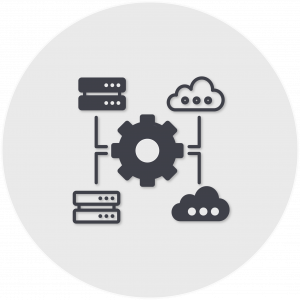 Get APIs enabled from various EHR systems to connect with one another via an array of standardized FHIR protocols
Get APIs enabled from various EHR systems to connect with one another via an array of standardized FHIR protocols
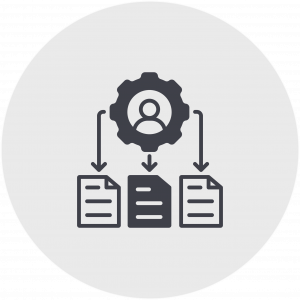 Ability to connect multiple data sources with different data formats
Ability to connect multiple data sources with different data formats
Get real time data
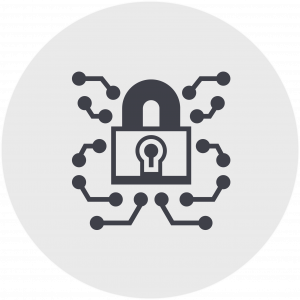 Ensure data privacy by encrypting data
Ensure data privacy by encrypting data
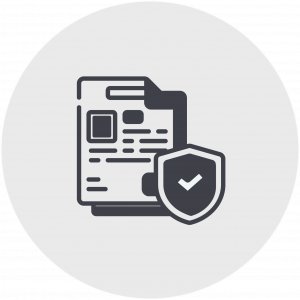 Get consistent, complete and up-to-date data
Get consistent, complete and up-to-date data
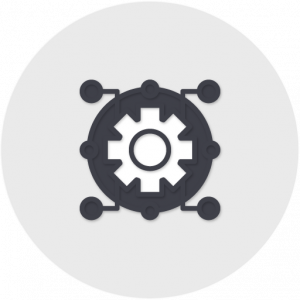 Optimal Operational Performance
Optimal Operational Performance
Comprehensive Patient Understanding
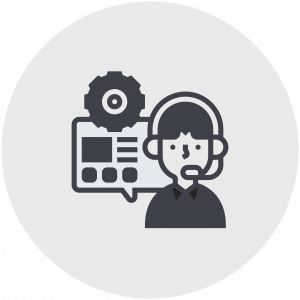 Healthcare Data Management
Healthcare Data Management
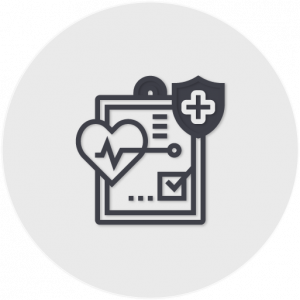 Complete accessibility to patient information from any location
Complete accessibility to patient information from any location
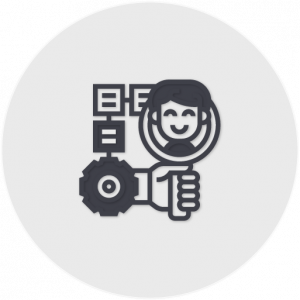 Increased patient engagement
Increased patient engagement
 Increased coordinated care and better diagnosis
Increased coordinated care and better diagnosis
![]() Data privacy and security
Data privacy and security
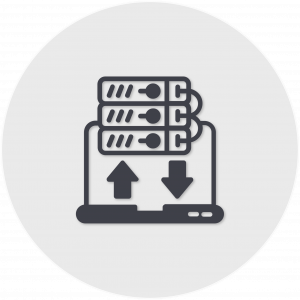 Meeting regulatory obligations
Meeting regulatory obligations
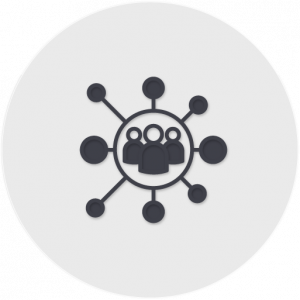 Cost-cutting measures and increased efficiency
Cost-cutting measures and increased efficiency
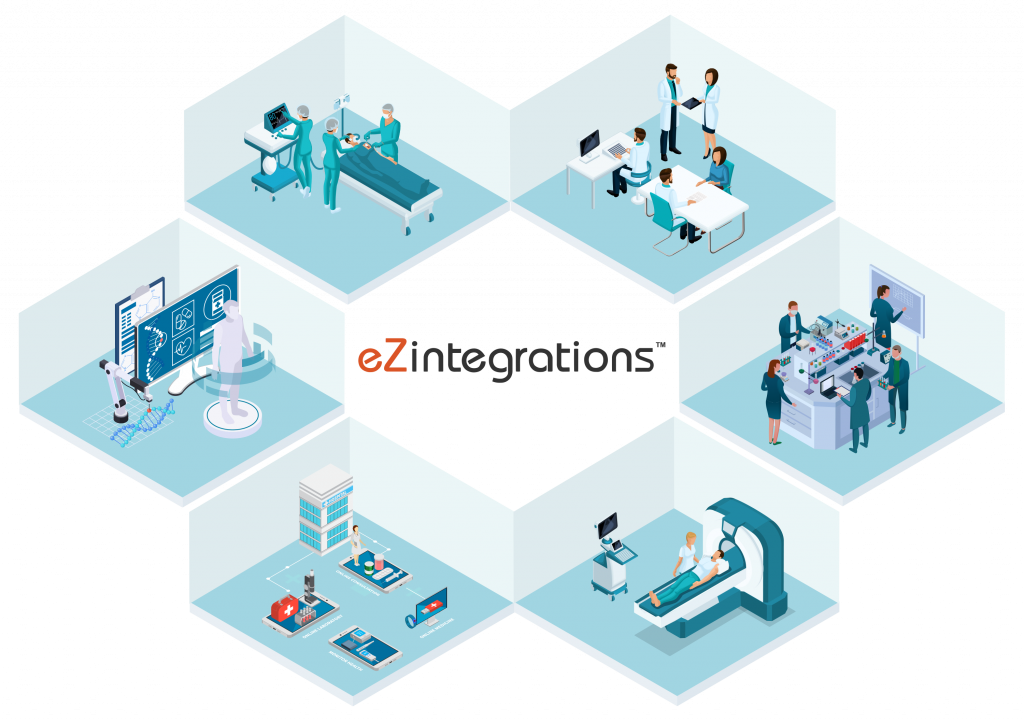
Patient demographics, medical history, and contact information are collected and stored in the EHR system for clinical workflows, scheduling, and patient management.
Medication prescriptions are sent from the EHR to the pharmacy system, where pharmacists receive and process orders for dispensing and medication management.
Lab results are transmitted from lab systems to the EHR, where practitioners can view and update patient treatment plans, ensuring timely diagnosis and care.
Practitioner credentials and availability are integrated into scheduling systems for appointments and into billing systems for accurate insurance claims and compensation tracking.
Patient insurance details are sent to claims processing systems, enabling verification and claim submission for treatment reimbursement.
Patient clinical data is shared with HIE platforms, allowing healthcare providers across different organizations to access critical medical history and collaborate on care delivery.
Continuous patient data is fed into remote monitoring devices for chronic disease management, alerting practitioners of critical health updates in real time.
Organizational policies and data flow into compliance management systems to ensure healthcare regulations like HIPAA and HITECH are upheld.
EHR-integrated treatment plans are sent to CDSS for clinical decision-making assistance, improving accuracy in diagnostics and recommendations.
Patient and service billing data are transferred to financial management systems, automating invoicing, payments, and financial reporting for the healthcare organization.
